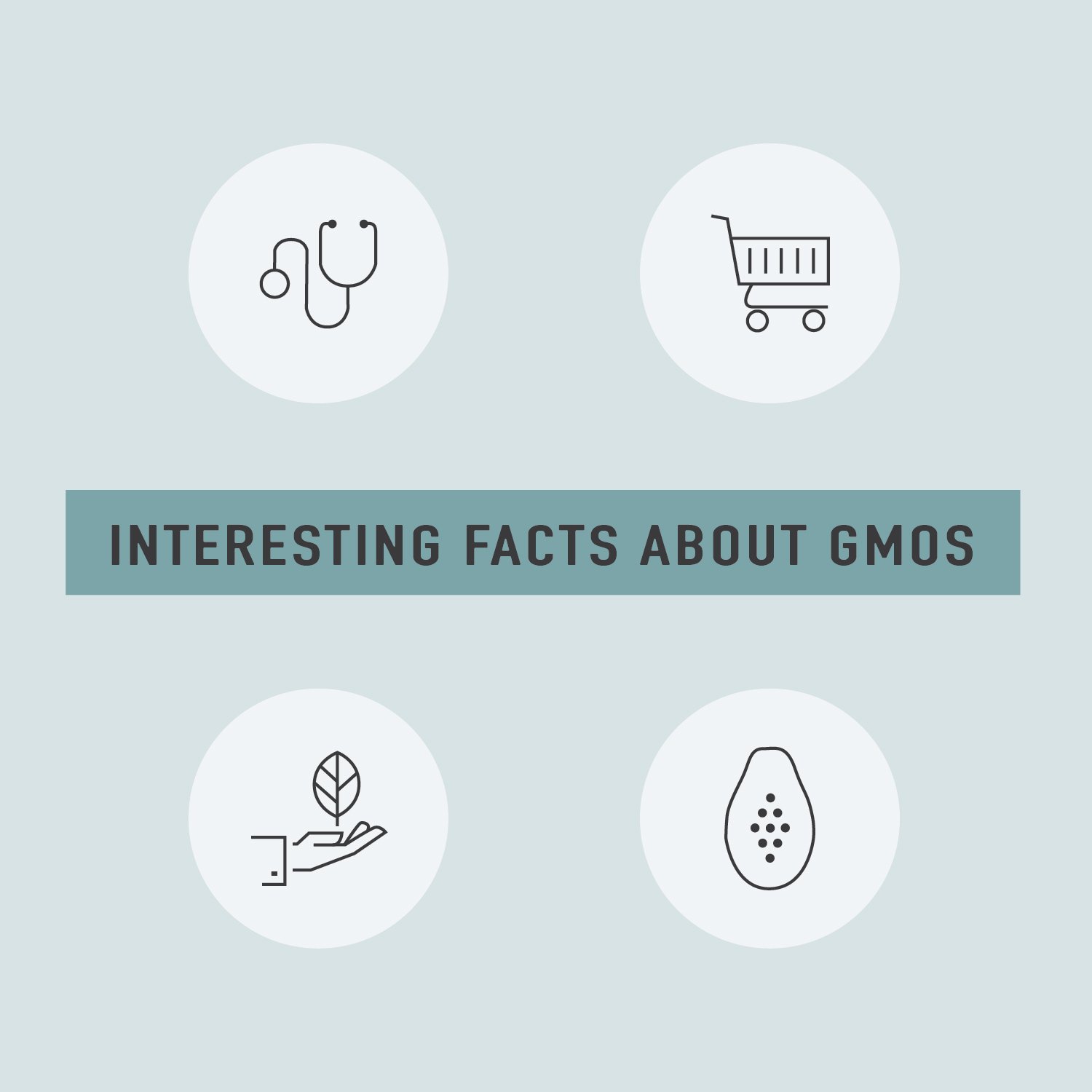Interesting Facts About GMOs
GMOs continue to be a hotly debated topic, especially when it comes to the safety of the food we feed our families. While you may be undecided about GMOs, the scientific and medical communities have deemed them to be just as safe as non-GMO crops after more than 20 years of research and review. Even Bill Nye the Science Guy, who once questioned their environmental impact, has changed his position and is an advocate.
Many South Dakota farmers choose to plant GMO crops because of their advantages in the field, but the fact is GMOs benefit our lives in some pretty cool ways. Let’s examine a few of the facts.
GMOs Save Lives Through Medicine
The same technology used to create GMO crops in the 1990s started in the medical community in the 1970s. Scientists used genetic engineering to make biopharmaceutical drugs from bacteria. In fact, the very first GMO approved for use in 1982 was insulin, which is currently used by 1.25 million Americans today to manage type 1 diabetes. To date, genetic engineering has led to the development of more than 100 drugs used to treat cancer, arthritis, hemophilia and seizures.
GMOs Benefit Consumers
The fact is genetic modification has been happening in nature for centuries. The sweet potato is just one example of a new food created by its genes mixing with bacteria in the soil. It wasn’t until recently that scientists developed a way to precisely edit gene sequences to create apples that resist browning, soybeans with improved nutritional content and rice with increased beta carotene to help combat vitamin A deficiency. While South Dakota children get plenty of vitamin A, Golden Rice has the potential to save the lives of 1.15 million children annually around the world who suffer from the lack of this essential nutrient.
GMOs Help Protect Our Environment
GMO technology helps farmers improve on-farm practices to be more environmentally sustainable. According to a study by the Council for Agricultural Science and Technology, the use of biotechnology in soybeans, corn, and cotton has decreased soil erosion by 93 percent, herbicide runoff by 70 percent, and greenhouse gas emissions by 326 million lbs. across the U.S. since the mid-1990s. Protecting the environment is important to everyone in South Dakota. We all need to work together to preserve it for the next generations.
GMOs Keep Produce on Our Shelves
Without GMO technology, we probably wouldn’t have papayas anymore. In 1992, papaya ringspot virus was discovered in the Puna district of Hawaii where 95 percent of the state’s papayas grew. Three years later, the crop was in a state of crisis and would’ve been wiped out on the island if scientists hadn’t bred disease resistance into the papayas. Yellow summer squash and zucchini are other foods that would be difficult to find in produce sections today if they hadn’t been genetically modified to withstand diseases. Scientists are also developing orange trees that resist citrus greening, plum trees that resist plum pox virus and potatoes that resist potato blight to keep these foods stocked on produce shelves.
Regardless of your thoughts on GMOs, what you feed your family is ultimately your choice. The most important part of a healthy diet is eating a blend of fruits, vegetables, grains and proteins while limiting sugars and fats. Living a healthy lifestyle benefits everyone, and that is something we can all agree on.





